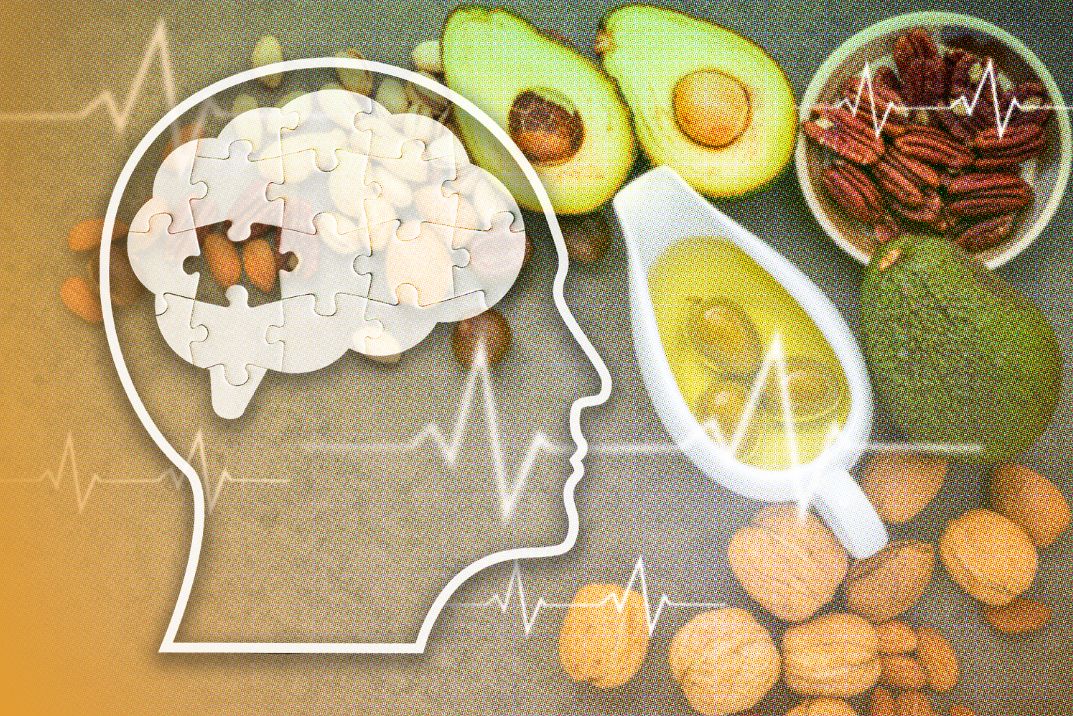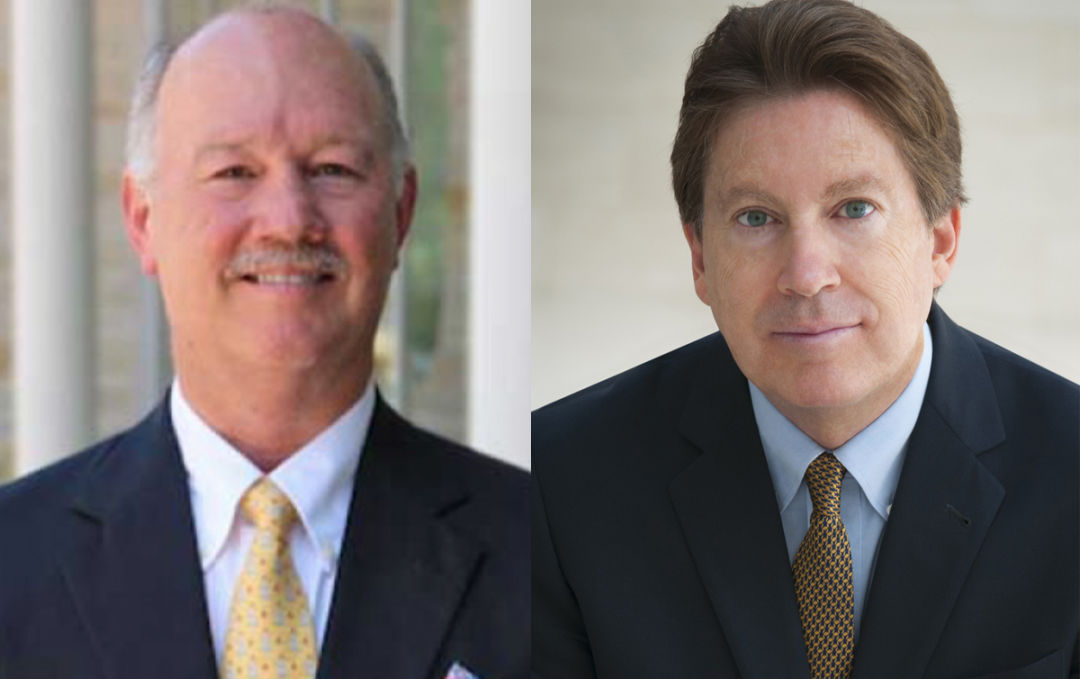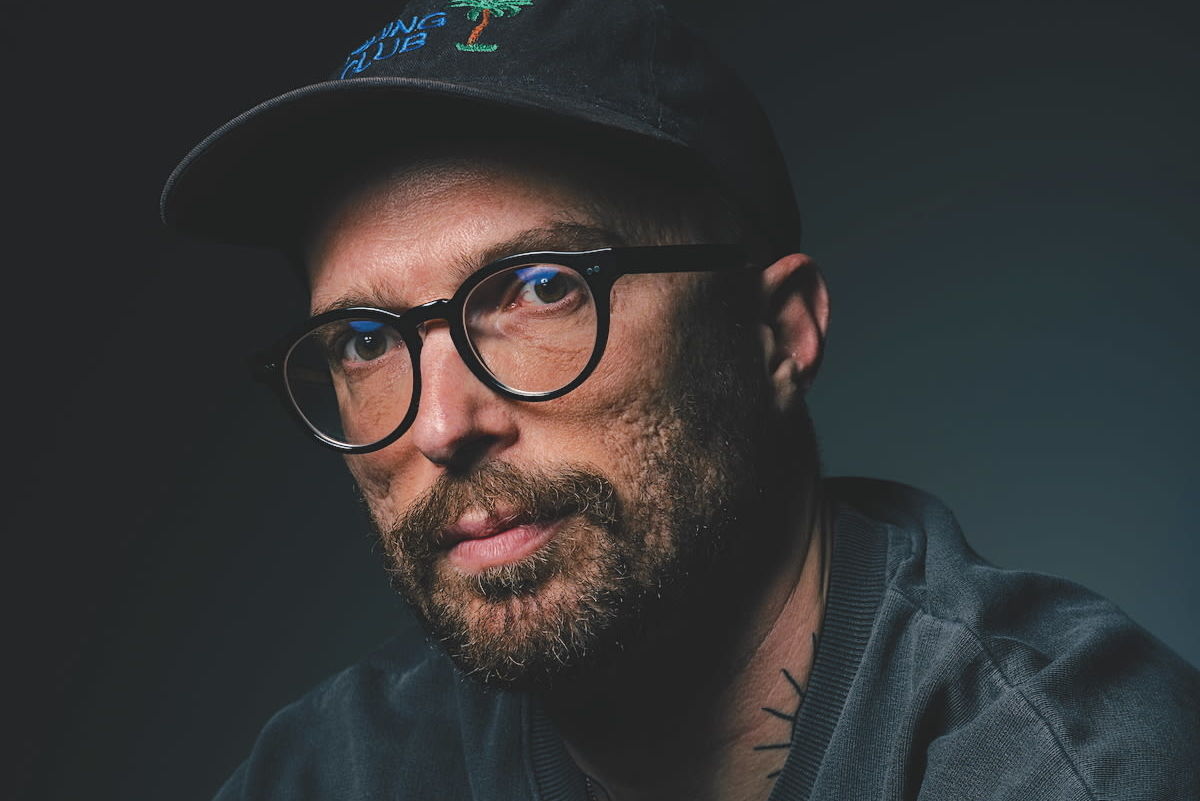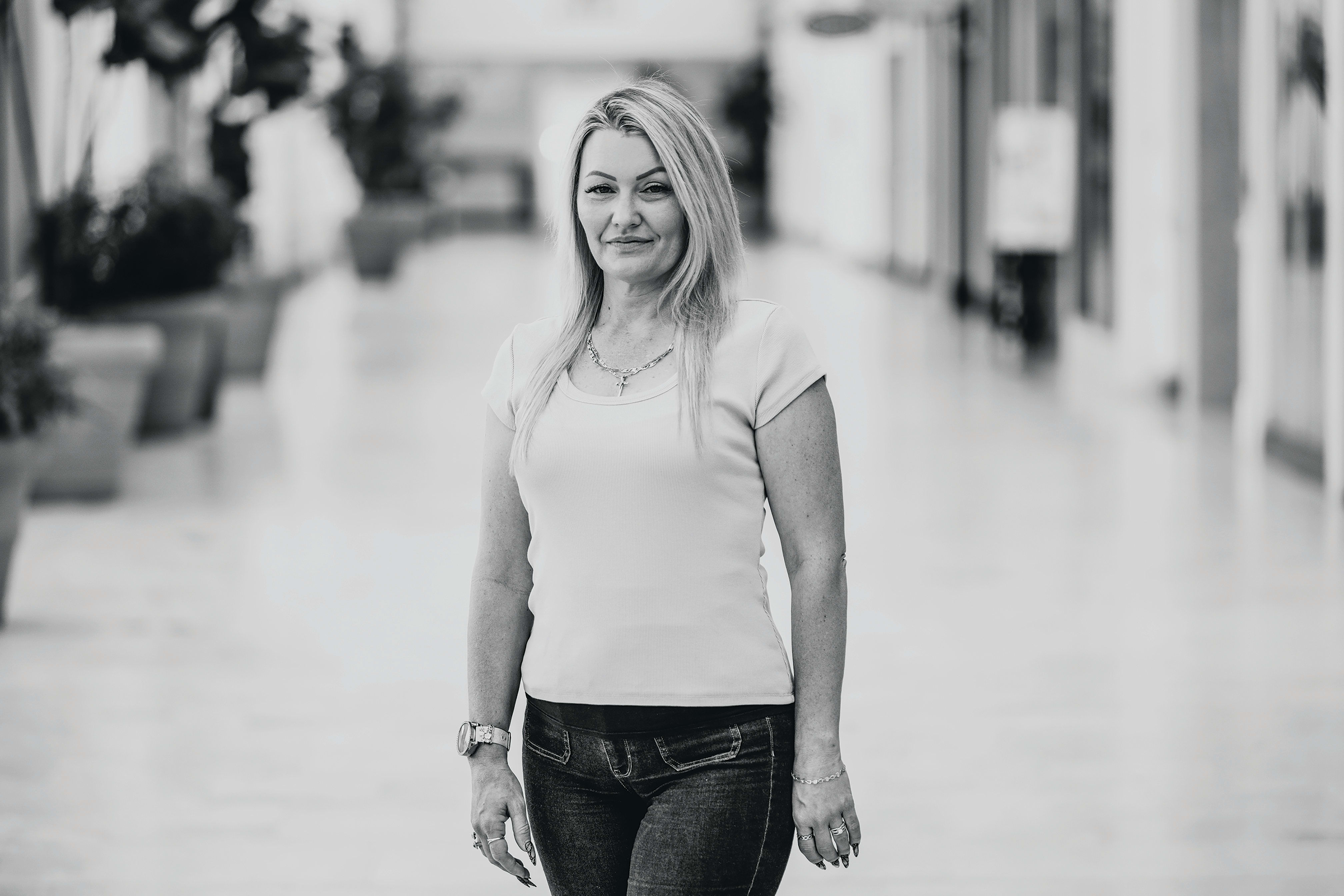A New Alzheimer's Treatment Method Is Touted as Improving Cognition

In the quest to treat Alzheimer’s disease, every so often, a new drug comes on the market whose maker claims it will offset or at least delay some of the illness’ most insidious effects. Among the most recent drugs is monoclonal antibody lecanemab, written up last November in the New England Journal of Medicine. The results from a study that included almost 1,800 participants were promising and yet still muted: After 18 months taking the drug, patients showed a 27 percent lower decrease in memory and thinking than those who did not take the drug. But what about actually improving cognition?
Dr. Dale Bredesen, a former neurologist at the University of California, Los Angeles and the University of California, San Francisco, says he’s developed a treatment method dubbed ReCODE that can actually help patients get better, not just slow their decline. Bredesen has researched aging for decades and wrote the best-selling book The End of Alzheimer’s: The First Program to Prevent and Reverse Cognitive Decline. A proof-of-concept clinical trial published last summer that followed 25 ReCODE patients showed that 84 percent of participants improved their scores on cognitive tests after nine months of treatment. A larger trial of roughly 72 people at six sites is now in progress; the results should be available within the next 18 months, according to Bredesen.
On its face, the ReCODE method seems simple: It breaks down cognitive decline into four root causes: inflammation; toxin exposure to things like mold or metals; trophic factors, meaning anything that nourishes the brain; and energetics, like blood flow or oxygenation. The treatment can consist of diet changes, physical exercise, practicing better oral hygiene, brain activities and sleeping better—all improvements to daily habits that may appear obvious. But when patients first meet with a doctor practicing what Bredesen calls his “precision medicine,” the task is to figure out what combination of issues might be leading to their cognitive decline. And it usually is a mixture, rather than just one cause. That can present a challenge.
“This kind of medicine is not easy to practice,” says Bredesen. “It’s like learning surgery but without cutting. It’s looking at a whole bunch of different things in the right order—that is what’s making people better.”
Since Bredesen first published details of his method in 2014 and started training other medical practitioners in 2016, more than 2,000 physicians have been educated in the system, according to Bredesen. In that same time, roughly 100 clinics preaching the ReCODE method have opened across the country, including at least two in Sarasota.
One of those is Dr. Garland Glenn’s The Carroll Institute, located not far from downtown Sarasota’s Payne Park. Trained as an electrical engineer, Glenn became interested in neurology and made a career change, earning a doctor of chiropractic degree and later completing a diplomate in neurology program. He first learned of Bredesen’s method at an event hosted by the Institute for Functional Medicine, which has provided a venue for trainings in the past. When Glenn heard about the program, its logic appealed to something he was already pondering—that Alzheimer’s was caused by more than just the conglomeration of amyloid plaque in the brain.

Dr. Garland Glenn (left) and Dr. Dale Bredesen
Image: Courtesy Photo
In 2017, after completing Bredesen’s first training, Glenn opened a practice in northern Virginia, where he was then living. But after the onset of the Covid-19 pandemic, Glenn decided to move back to Sarasota, his hometown, and in September 2020, relocated his practice here.
Glenn says roughly 80 percent of his patients are local, with most coming from between Bradenton and Port Charlotte. That’s in large part because the program is intensive and requires a number of in-person visits. But for many of his patients, the ongoing commitment pays off.
“The brain is actually very resilient,” says Glenn. “If you can remove the things that are damaging it, you can regrow parts of the brain.”
The ReCODE method was first developed by Bredesen while working on mice. What he found was the amyloid precursor protein, which functioned as a kind of switch within the brain that would oscillate between two forms.
“When you get exposed to various toxins and pathogens, your brain goes into a protective, downsizing mode,” says Bredesen. “Your brain’s secreting this amyloid almost like an amber to entrap these different pathogens." Instead of just "removing the amyloid, which is counter-productive, we need to get rid of what is” hurting the brain, says Bredesen.
Getting rid of the root cause of cognitive issues without pharmaceuticals may sound like an ideal solution, but much of the scientific community isn’t convinced. In 2020, the peer-reviewed journal Lancet Neurology published an op-ed written by Dr. Joanna Hellmuth, a neurologist at the University of California, San Francisco’s Memory and Aging Center, that called into question the validity of Bredesen’s research. The piece noted the lack of randomization and control groups in published studies on ReCODE and pointed to a paper chronicling 100 patients in which all 100 did, in fact, improve. Hellmuth wondered about what happened to patients who didn't improve.
Bredesen’s response to this critique is that he attempted to do a randomized controlled trial but was rejected by the Institutional Review Board. He therefore had to publish anecdotal examples before getting permission in 2018 to do the proof-of-concept trial that was completed last year.
Scientific colleagues have also taken issue with the way Bredesen has marketed the strategy and whether he has benefited from it financially. His answer is that he has not. He notes that both clinical trials were funded by a nonprofit and he was "paid zero" for his work. The treatment is the “most effective prevention and reversal of cognitive decline,” rather than being a “cure," he says.
Still, Bredesen is listed as the co-founder and chief science officer of Grey Matters, a clinic that opened in 2021 in Sarasota but has national ambitions. Deb Geihsler, a former chief executive officer and president of the Harvard Vanguard Medical Group, is the clinic’s co-founder and chief executive officer.
The decision to open first in Sarasota was precipitated, in part, by the average age of the area's population, Geishler writes in an email, but also by another, more intangible factor. “Not only did we believe this age group would benefit tremendously, but we also saw that this community was extremely active and willing to take the extra step to improve their health,” Geihsler writes. “This is crucial for our protocols, because they require a certain amount of patient compliance to be effective.”
Part of Grey Matters’ mission is to target patients before they experience cognitive decline, particularly between their 40s and 60s.
“We want to focus on really bending the cognitive decline curve,” Geihsler writes. “It is imperative that you get your brain checked and make any recommended interventions in your 40s, 50s and 60s. This is how we bend the curve.”
The clinic is also starting up at a time in which Florida’s budget has allocated $52.3 million to the Alzheimer’s Disease Initiative Program. As part of a Dementia Action Plan, the state also recently created the Florida Alzheimer’s Center of Excellence, which aims to increase infrastructure for seniors with the disease.
“We are working to make sure that any Floridian suffering from this terrible disease can access resources while also supporting innovative technologies that will open up doors for Alzheimer’s and dementia patients in the future,” Florida Gov. Ron DeSantis said in a recent press release.
When asked whether the state’s actions played a role in Grey Matters’ location and whether Bredesen planned to partner with the state on Alzheimer’s-related programs, Bredesen said that is certainly a hope.
“Just as others have determined … that Florida is an excellent site for the development of optimal approaches to brain health, we believe that the time is right and the presence of brain health clinics in Florida—and ultimately throughout the U.S.—will be of benefit to many,” says Bredesen. “We hope to partner with the government in the reduction of the burden of cognitive decline.”
Bredesen’s overarching message is to show that Alzheimer’s is “no longer hopeless” and that patients can do something about their diagnosis. It’s that possibility that brings families to a ReCODE-practicing office—families like a now-60-year-old husband and wife from Lakewood Ranch who came to Glenn after the husband had been experiencing cognitive issues for almost four years. (They asked to remain anonymous because of concerns about their health privacy.)
The pair first realized that the husband’s cognitive issues were more than stress when he wasn’t able to complete a presentation at work. He came home that day with fear in his eyes, recounting it all to his wife. He also wasn’t sleeping well and they both felt something was wrong.
But when the husband went through a battery of neurological tests, no clear answer emerged. The neurologist diagnosed him with a sleep disorder and gave him an antidepressant. But his wife was convinced that there had to be a better answer.
After reading Bredesen’s book and seeing an ad for Glenn’s practice in a magazine, they went in for an initial consultation and decided to sign on. Eventually, the tests revealed something surprising: The husband was displaying high levels of toxins likely associated with mold, something Glenn sees in a lot of his patients. Glenn says the husband had been diagnosed with mild cognitive impairment, not Alzheimer's, "but there is significant overlap in all forms of dementia and no one is only one form."
Embarking on the ReCODE protocol wasn’t easy for the couple. Almost immediately, they started eating an anti-inflammatory diet, which involves cutting out some carbohydrates. They also started a routine of regular exercise, both physical and mental (BrainHQ exercises are an important component). And in what they jokingly called the husband's favorite part, he was forced to drink Quicksilver Scientific Push Catch Liver Detox, a liquid that makers claim helps the body excrete toxins.
“I still remember the day Dr. Glenn came into the room and said, ‘I’ve got good news,’” says the husband. The news was that mycotoxins were no longer having an impact on his cognition. The couple now consider the husband to be “on the upswing” almost every day. More importantly, their lives have returned to a state of “somewhat” normalcy.
“He was just becoming a shell of himself,” says his wife. “His personality was disappearing—he wasn’t talking very much. … But now there’s not a whole lot that has not been returned to us.”



